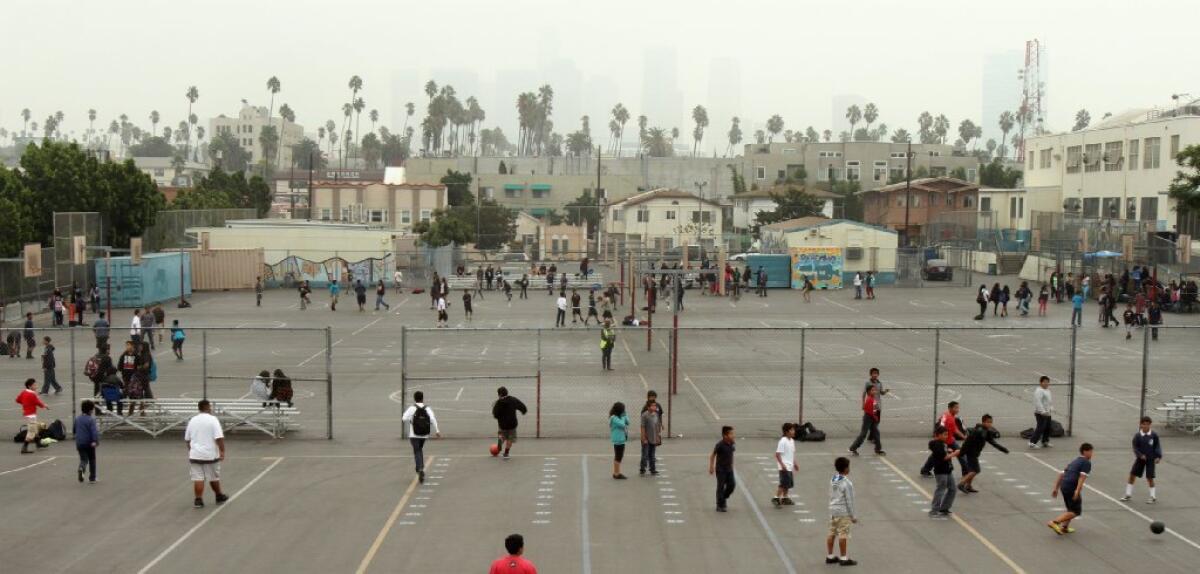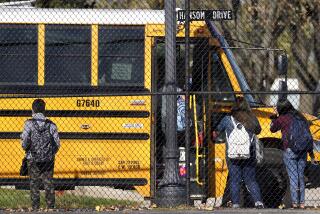‘Cool’ kids in middle school struggle in their 20s, study finds

The meek kids from middle school shall inherit the earth. Or at least they’ll live healthier and more productive lives than their “cooler” peers once they enter adulthood.
Researchers studying 13-year-olds found that those who engaged in “pseudomature” behavior -- such as minor shoplifting and precocious romantic relationships -- and were seen as the “cool kids” tended to develop problems with drugs and relationships by their early 20s.
In the study, published Thursday in the journal Child Development, scientists tracked nearly 200 13-years-olds in the Southeastern United States for 10 years, gauging how much they valued their popularity, how important appearance was in seeking out friends and if they used drugs or had romantic relationships.
The study found that young teens who acted old for their age by sneaking into movies, forming early romantic relationships, shoplifting and basing friendships on appearance were seen by peers as popular. But as these “pseudomature” teens and their less adventurous counterparts matured, their behavior was no longer linked with popularity.
Instead, they were thought to be less socially competent by their peers and had more problems with substance abuse, said Joseph Allen, a professor of psychology at the University of Virginia and lead author on the study.
Allen said the average “cool” teen, by age 22, had a 45% greater rate of problems due to substance use and a 22% greater rate of criminal behavior compared with the average teen in the study.
“Teens are intimidated by these kids, and parents are intimidated because they think that these pseudomature kids are on the fast track,” Allen said in an interview Thursday with the Los Angeles Times. “These kids are on the fast track, but it’s really to a dead end.
“They are gaining the appearance of maturity, but they are not gaining actual maturity.”
Researchers suggest that these kids spend so much time trying to gain status, they don’t develop the positive social skills needed for meaningful friendships.
The study followed 86 male and 98 female middle school students for a 10-year period beginning in 1998, and it yielded some surprises, Allen said.
In particular, the study notes that “pseudomature” behavior was actually a better predictor of future substance abuse than drug and alcohol use in middle school.
Researchers are still following the students -- now in their mid- to late 20s -- to see how they fare later in life.
Parents shouldn’t worry too much if their young teens prefer to spend Saturday nights at home watching a movie or reading instead of going out with friends, Allen said.
“There is this kind of quiet majority of adolescents out there that is much more functional at an older age,” he said.







